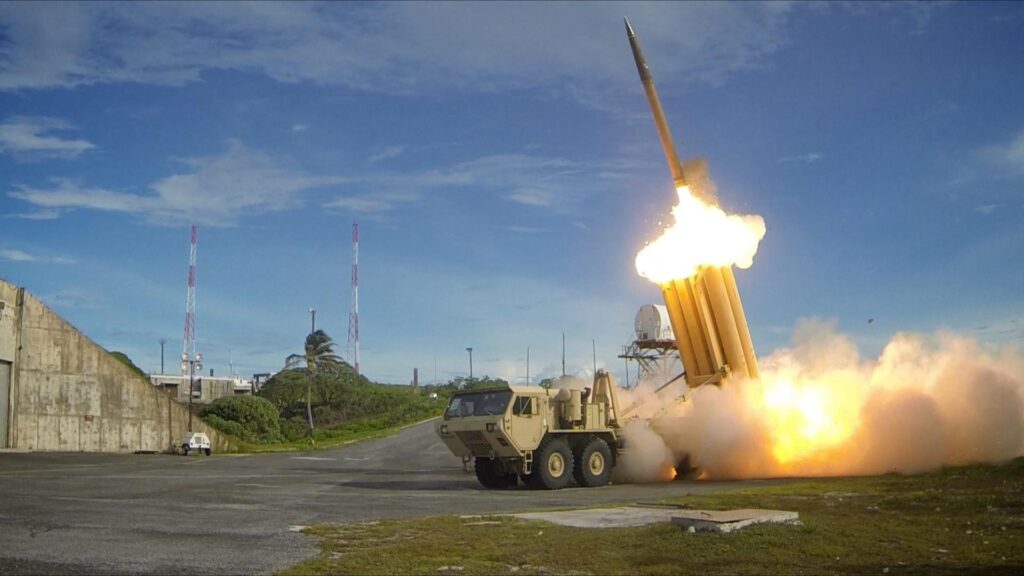
While millions of Americans struggle to afford insulin, cancer treatment, or even basic emergency care, $12.4 billion in U.S. taxpayer money was vaporized in a single night—not in America, but in Israel.
The astronomical cost came as a direct consequence of Israel choosing to ignite yet another war—this time on shaky grounds—prompting Iran to unleash a barrage of missiles and drones in response to targeted attacks on its senior leadership and military infrastructure.
To defend itself, Israel activated U.S.-operated THAAD missile defense systems, firing off 1,000 interceptors overnight. Each THAAD missile costs approximately $12.6 million, according to U.S. defense budget disclosures and military analysis from the Center for Strategic and International Studies.

BYPASS THE CENSORS
Sign up to get unfiltered news delivered straight to your inbox.
But here’s what’s rarely mentioned: these THAAD systems aren’t even under Israeli control. They are operated by about 100 U.S. soldiers deployed specifically to manage these advanced defense systems. And they are supremely expensive.
DNC Insider: Dirty Bombs Planned for Major Cities to Rebuild U.S. from Radioactive Ashes
According to The Wall Street Journal, the U.S. deployed THAAD batteries, along with Patriot systems and naval assets, after Israel requested “emergency support.”
 Terminal High Altitude Area Defense (THAAD) interceptors launching during a successful intercept test
Terminal High Altitude Area Defense (THAAD) interceptors launching during a successful intercept test While the Iranian attacks were mostly intercepted, the heavy financial burden fell squarely on the shoulders of the American taxpayer.
This one-night defensive operation—prompted by a war Israel initiated—cost more than the entire annual budget of the National Cancer Institute or the projected cost of providing free insulin to every diabetic in the U.S. for a year.
And it’s only the bill for a single night—military analysts expect more interceptors, more U.S. troop deployments, and more emergency funding packages headed to the region for a war that could last for years.
The American public continues to pay high taxes and receive little in return, yet the federal government finds no issue writing billion-dollar checks when foreign conflicts ignite—especially ones triggered by close allies.
As one social media comment put it bluntly: “This is why you don’t have free healthcare.”
Ironically, Israel does have free universal healthcare, also provided by U.S. taxpayers.
Latest Video
Source link


